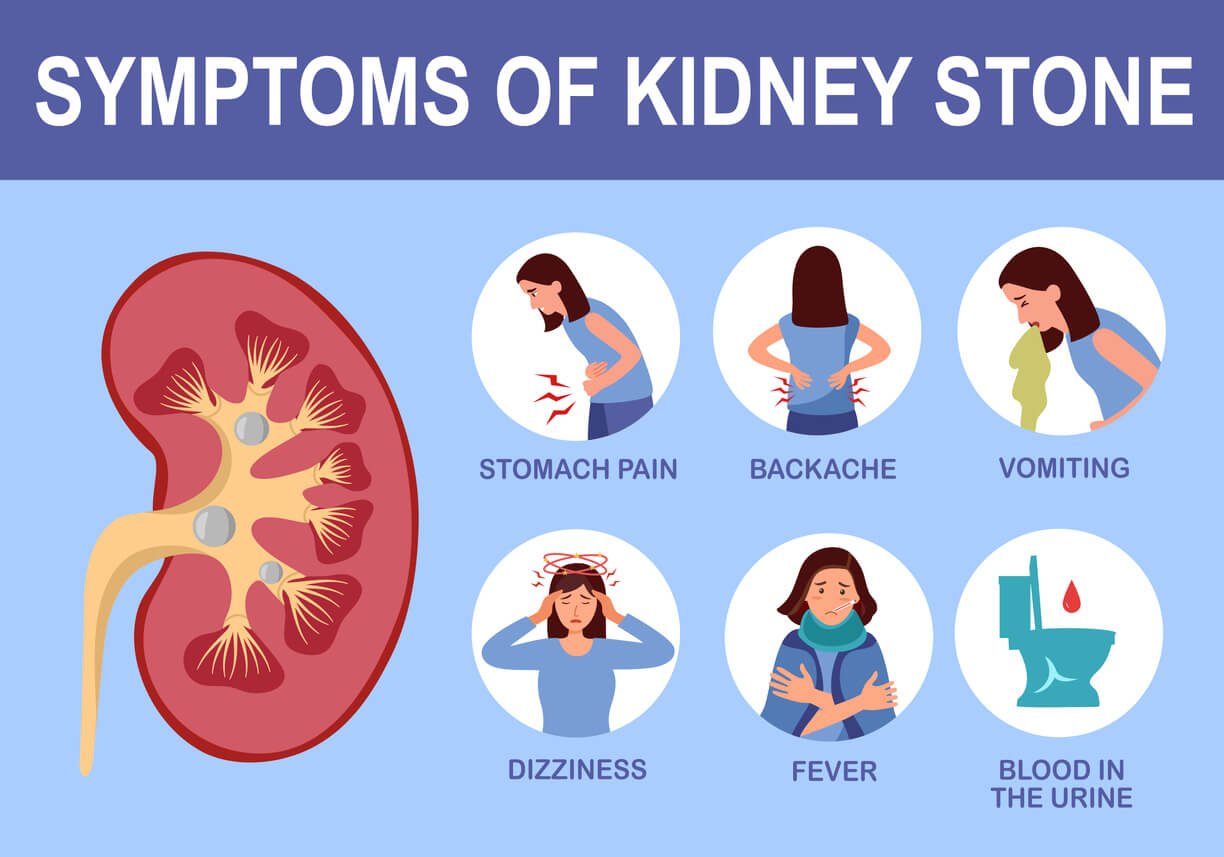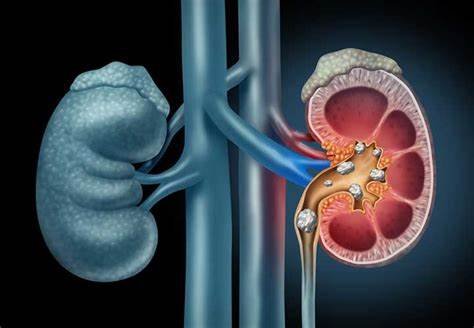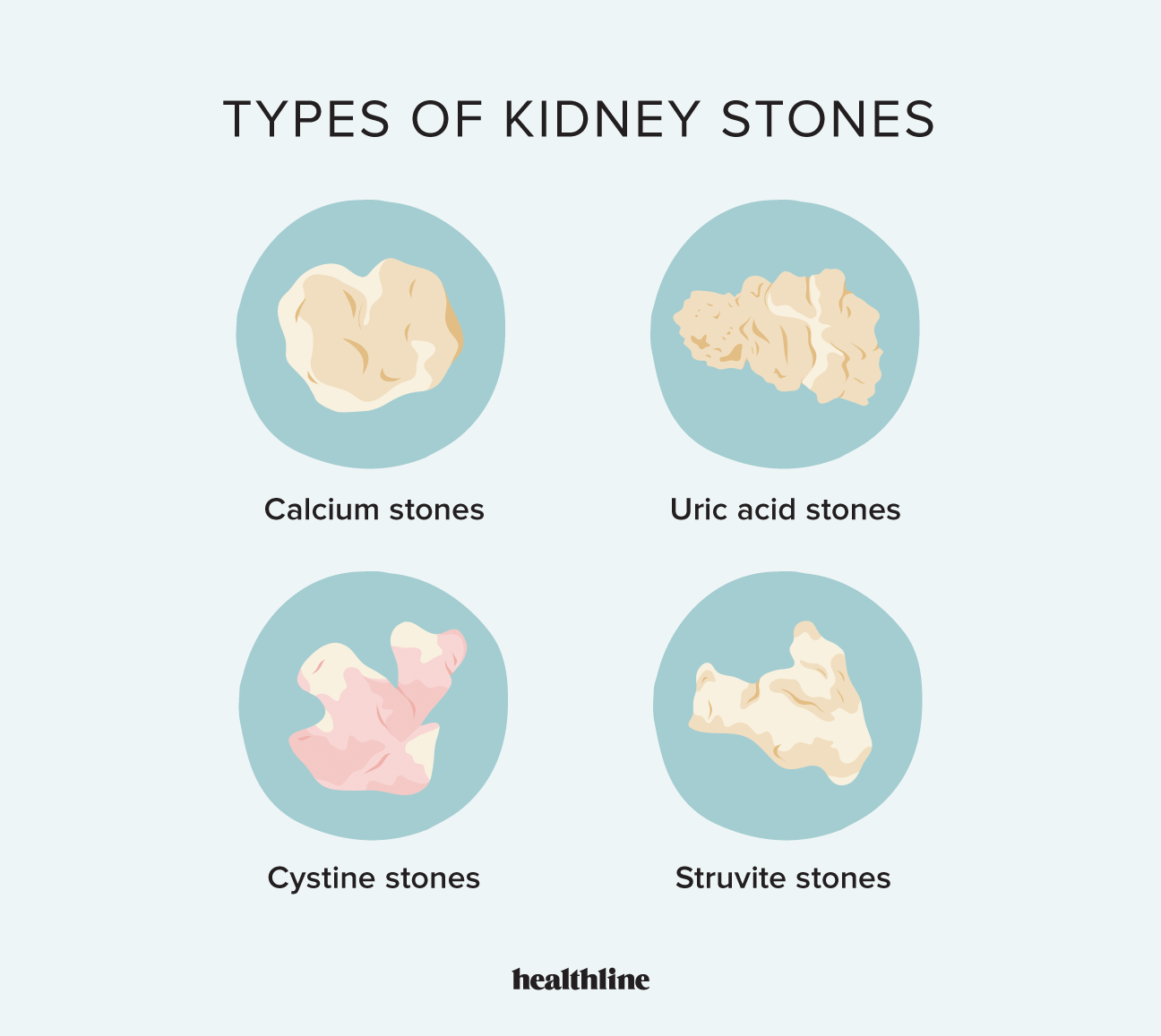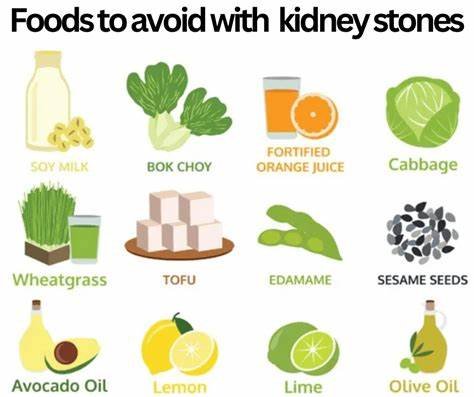Kidney stones are hard deposits that form in your kidneys. They can be very painful and cause a lot of discomfort. Knowing the symptoms of kidney stones can help you identify the problem early. Early detection can lead to better treatment and less pain. In this article, we’ll go over the common signs and symptoms of kidney stones, so you can be aware and seek help if needed.
Pain: A Main Symptom
One of the most obvious symptoms of kidney stones is pain. The pain can come suddenly and can be intense. It usually starts in your back or side, just below the ribs. The pain may spread to the lower abdomen or groin area as the stone moves. This sharp pain is often described as one of the worst pains people have experienced. It can come in waves, meaning it may get better and then suddenly get worse again. If you feel this kind of pain, it’s a good idea to see a doctor.
Pain During Urination
Another common symptom of kidney stones is pain when urinating. As the stone moves through the urinary tract, it can irritate the lining of the bladder and urethra. This can cause sharp or burning pain when you urinate. Some people also experience blood in their urine, which makes it look pink or red. If you notice this, it could be a sign that a kidney stone is present.
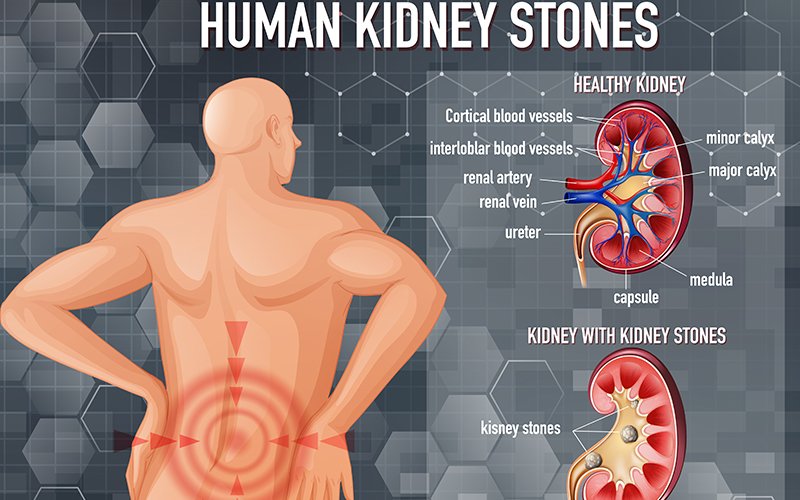
Frequent Urination
When you have kidney stones, you might feel like you need to urinate more often. This happens because the stone may block the flow of urine. The pressure in your urinary system increases, and you may feel the urge to urinate even if your bladder isn’t full. This feeling can be uncomfortable and frequent. It’s important to drink enough water to help flush the stone out and avoid further problems.
Nausea and Vomiting
If the pain from kidney stones is severe, it can also lead to nausea and vomiting. This happens because the pain can cause your body to react in a way that affects the stomach. Nausea is a common response to the pain, and vomiting often follows. If you experience nausea along with pain, it’s another sign that you may have kidney stones.
Advancing Research and Collaboration in Urology
Urology Conferences brings together leading experts, researchers, and healthcare professionals to discuss the latest advancements and innovations in the field of urology. The platform fosters collaboration, learning, and the exchange of cutting-edge medical knowledge. For those who enjoy engaging and interactive online experiences, stellarspins VIP Login offers a similarly dynamic and immersive environment. Both highlight the value of innovation, connection, and excellence in their respective domains.
Fever and Chills
If you have a fever and chills along with any of the other symptoms of kidney stones, it could mean that the stone is causing an infection. An infection in the kidney or urinary tract is serious and needs immediate medical attention. If left untreated, a kidney infection can cause serious health problems. Always seek medical help if you have a fever along with other symptoms of kidney stones.
Cloudy or Foul-Smelling Urine
When kidney stones block the urinary tract, it can cause urine to become cloudy or have a strong, foul smell. This happens because bacteria can grow in the urine when it isn’t able to flow freely. If you notice that your urine looks cloudy or smells bad, it’s important to pay attention to other symptoms of kidney stones. This could be a sign of an infection or a developing stone.
If you are experiencing kidney stones, you may want to distract yourself with fun activities while you wait for medical help. Sometimes, online games can offer entertainment. For example, https://www.gambling360.com/live-dealer/ could provide some fun while you manage your condition.
Understanding Discomfort and Stress Triggers
Kidney stones can cause immense physical discomfort, often accompanied by stress and restlessness during recovery. Engaging in light mental activities—such as games or casual entertainment—can offer moments of relief. Platforms like https://www.wolfwinner.fun/en/online-poker provide interactive distractions that can help manage stress during recovery periods. While medical care is paramount, psychological comfort plays a vital supportive role.
Conclusion
Recognizing the symptoms of kidney stones is crucial in seeking early treatment. If you experience severe pain, especially in your back or side, pain during urination, or other symptoms like nausea and fever, it’s important to consult a doctor. Kidney stones can be painful, but with the right treatment, you can manage them and reduce discomfort. Remember to stay hydrated and visit your healthcare provider if you suspect you have kidney stones.







